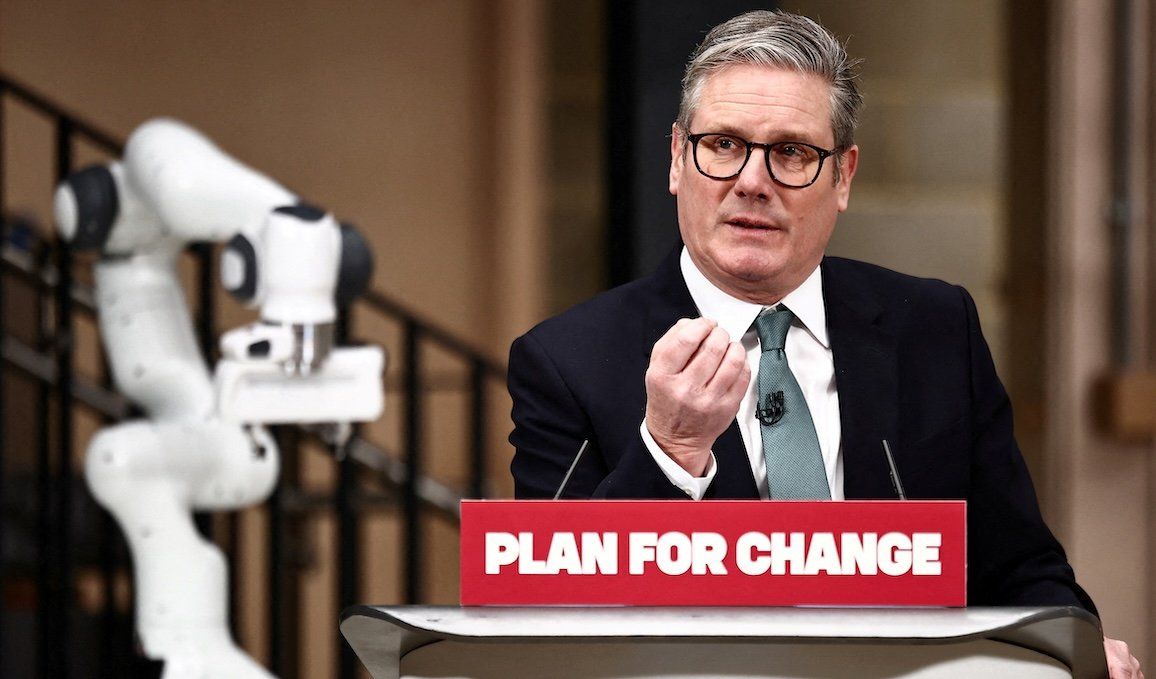On Monday, the British government announced the AI Opportunities Action Plan, Prime Minister Keir Starmer’s economic and technological development plan for artificial intelligence. Starmer’s goals include building a homegrown challenger to OpenAI, building data centers nationwide, and exploring renewable energy sources — including nuclear energy — to power the data centers.
Last year, Starmer canceled $1.7 billion of spending commitments meant for computing infrastructure as part of a broader set of budget cuts — nixing the promises made under the prior administration of Rishi Sunak. Starmer is now trying to leave his own mark with a play for “sovereign AI” in the country. “Today’s plan mainlines AI into the veins of this enterprising nation – revolutionizing our public services and putting more money in people’s back pockets,” the government wrote in a press release.
As part of the initiative, three companies — Vantage Data Centres, Nscale, and Kyndryl — committed $17 billion to build data centers, a plan the government says will create 13,250 jobs across the UK and increase compute capacity twentyfold by 2030. The ultimate goal: Starmer’s government wants to make the UK “irresistible” to AI firms.
